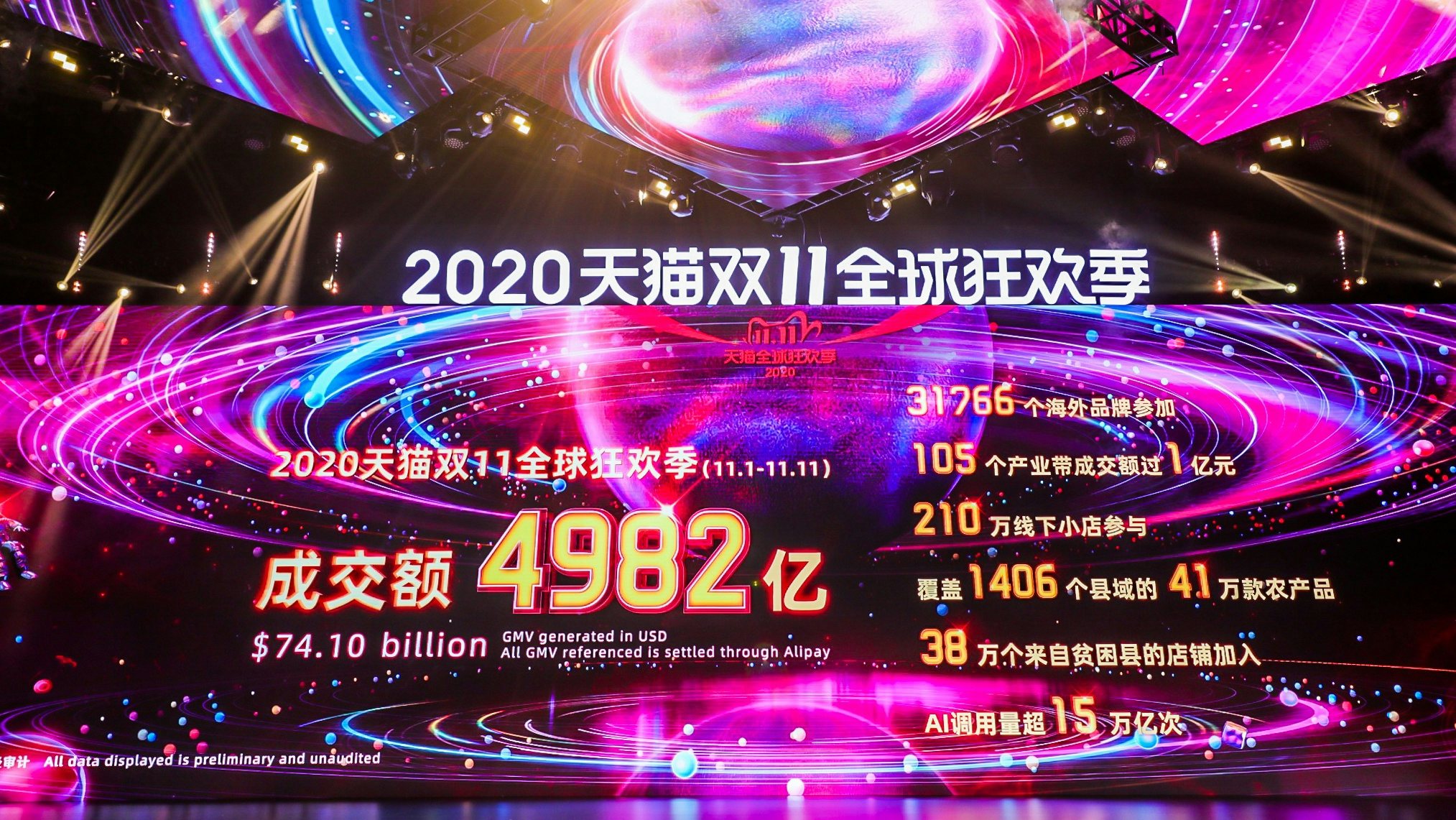What happened
As the rest of the world struggled with lockdowns and mounting death tolls from the ongoing pandemic, China celebrated its biggest retail festival, Singles’ Day or 11.11, which somehow managed to be bigger than ever this year, setting multiple sales records. Alibaba generated $74.1 billion in gross merchandise volume (GMV) — an increase of 26 percent compared to the same timeframe in 2019, and JD’s 2020 promotions reached new highs as well, recording over $40 billion, while its international business saw transaction volume increased more than 120 percent year-on-year in the first 10 minutes.
The Jing Take
The number of luxury brands taking part in Singles’ Day doubled this year rising to 200. According to JD.com, the likes of British designers such as JW Anderson and Anya Hindmarch launched official flagship stores on JD.com during the Singles’ Day period. The French house Chloé made their debut and quickly sold out of handbags. Luxury mainstays like Burberry, Rimowa, Hugo Boss, and Coach all continued to perform strongly. Balenciaga, for example, exceeded their entire day of sales at Alibaba’s 6.18 Mid-Year Shopping Festival earlier this year in 10 minutes. American brands fared well too; the US was the top seller of goods to China at this year’s Single’s Day shopping extravaganza, generating about $116 billion in merchandise volume for both Alibaba and JD.com. Michael Kors sales earnings’ broke over $100 million, and Cartier sold a $28 million necklace during a livestream event witnessed by almost 800,000 people. Italian brands were up too; for the first time, Italy entered Alibaba's top ten most important exporting countries — Prada, Salvatore Ferragamo, and Kartell all saw sales increases.
International beauty brands had a great day too — L’Oréal China became the top beauty group by GMV on Tmall for the fourth consecutive year, while Lancôme, YSL, and Armani Beauty were among Tmall’s leading cosmetics brands — despite big competition coming from domestic disruptor Perfect Diary. Over 400,000 people watched Shiseido's livestream from Tokyo and Hangzhou as the company used its own employees instead of social media influencers to promote products.
It’s hardly surprising that luxury brands piggybacked on the success of Singles’ Day this year — they had little choice given the diminished state of luxury sales in Europe and the US due to COVID-19. Overall, some 342 brands surpassed over $15 million in GMV. Apple, L'Oréal, Estée Lauder, Nike, Lancôme, and Adidas were among the brands that exceeded the 150 million mark, with 13 brands surpassing $150 million in GMV in the first 30 minutes of sales. Then there were the global luxury groups — Kering, LVMH, Richemont, and Swatch Group — which were all up 150 percent. Clearly, luxury had an impressive Singles’ Day, and with sales figures like this, no luxury brand can afford to ignore it.
The Jing Take reports on a piece of the leading news and presents our editorial team’s analysis of the key implications for the luxury industry. In the recurring column, we analyze everything from product drops and mergers to heated debate sprouting on Chinese social media.
